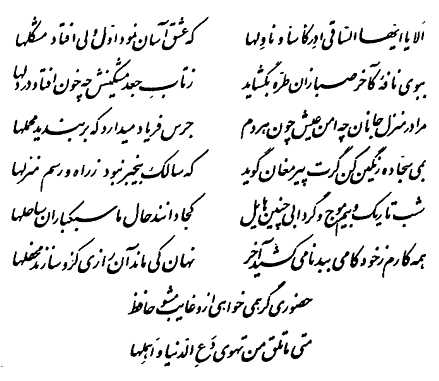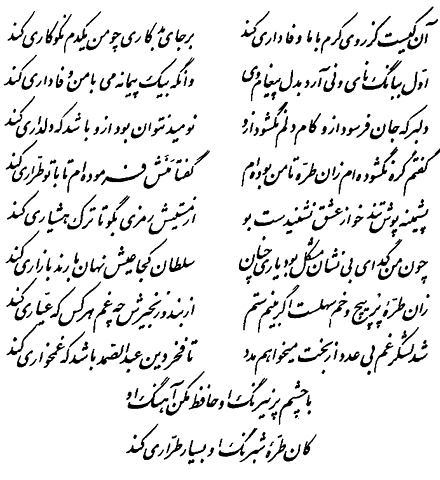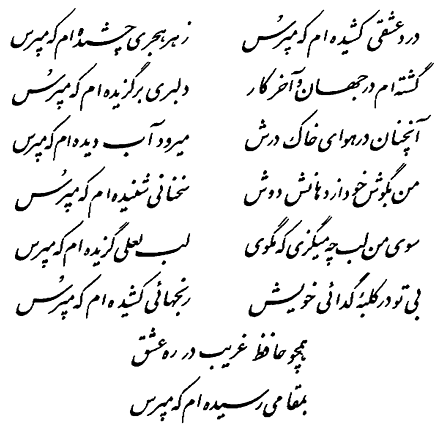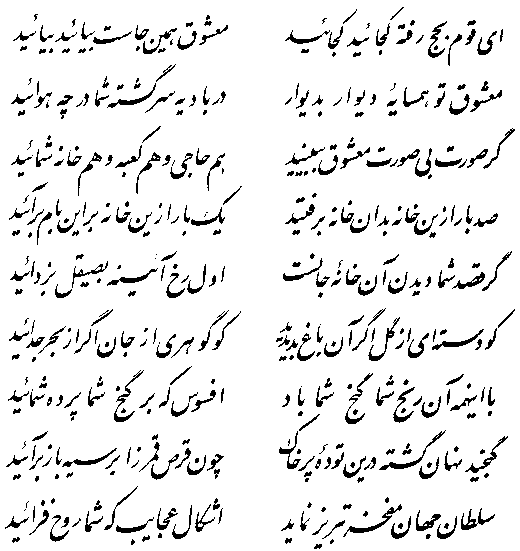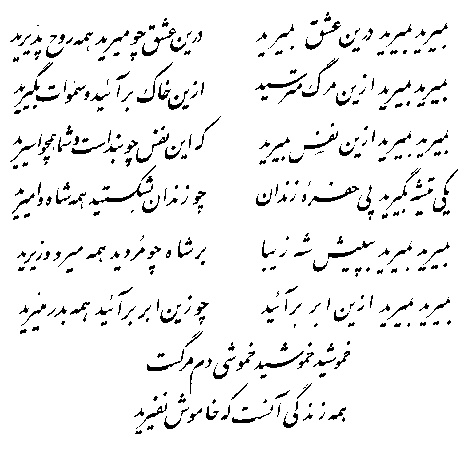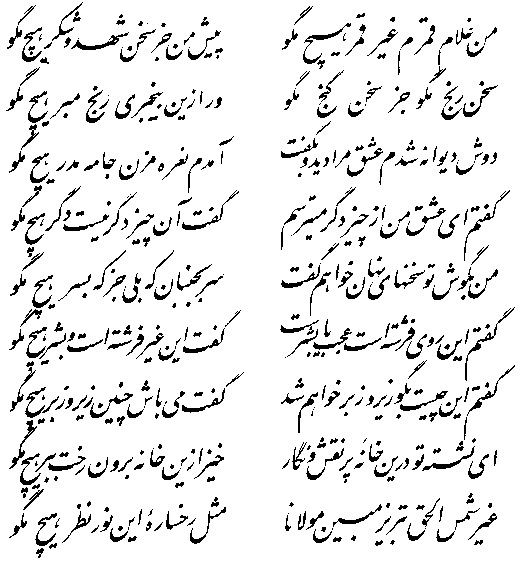| Much has been written and researched about the "Sema" or
The Whirling Ritual. Although it isn't strictly speaking a
part of this (The Naqshbandi) Sufi Order, followers have recently been
given permission from the Sheikh to practice it. And The Mevlevi Order
from where it originates is the closest Sufi School to this one.
Grand Sheikh Mevlana JalaluDin RUMI is the Great Grandfather of Sheikh
Nazim through his mother's side of the family. It is an awesome sight to
behold if you are ever lucky enough to see any done properly. Devotees
can whirl gracefully for hours, in total worship, in total harmony with
the great whirling of creation, from the atoms around the nucleus to the
huge and countless galaxies, all whirling in passion and awe of the Creator.....
Mevalana RUMI would actualy levitate but more to the point, attained unprecedented
levels of nearness to God. His encounter with Shams i Tabriz has
been called 'the greatest love story ever'. He produced a very famous
book called 'The Mathnavi' an epic devotional poem. Though it is
sad that the whirling Order was in a way outlawed (seen as a threat to
democracy!) the Whirlers from Konya have developed their 'performance'
and have taken it to many countries, including the U.K. The Music Village
Company in London entertained stunned onlookers in Richmond Park with Konyan
whirlers for free in 1998. Here in the UK more and more people are
coming to the Real, Sufi Way through the eternal love of the true inheritors.... |
Dervish literally means "doorway" and is thought to be an
entrance from this material world to the spiritual, heavenly world.
During this solemn religious ceremony it is believed that the power of
the Heavens enters into the upward extended right palm and passes
through the body and leaves the lower, turned-down left palm to then enter
into the Earth. The dervish does not retain the power nor is he to direct
it. He accepts that he is the true instrument of God and therefore
he does not question the power that comes and leaves him. The Whirling
Dervishes played a vitally important part in the evolution of Ottoman high
culture. From the fourteenth to the twentieth century, their
impact on classical poetry, calligraphy and the visual arts was
profound. Perhaps their greatest achievement, though, was in the area of
music. Since the dogmatists of Islam's orthodoxy opposed music, claiming
it was harmful to the listener and detrimental to religious life, no sacred
music or mosque music evolved except for the Mevlud, a poem in praise of
the Prophet, chanted on high occasions or as a requiem. Rumi and his followers
integrated music into their rituals as an article of faith. In his
verses, Rumi emphasized that music uplifts our spirit to realms above,
and we hear the tunes of the Gates of Paradise. The meeting places of the
dervishes, consequently, became academies of art, music and dance.
A secret turning in us makes the universe turn. Head unaware
of feet, and feet head. Neither cares. They keep turning.
- Rumi |
